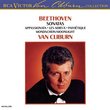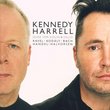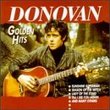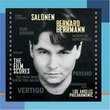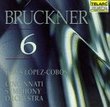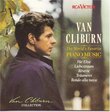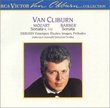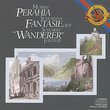| All Artists: Arnold Schoenberg, Herbert von Karajan, Berliner Philmarmoniker, Alan Berg, Anton Webern Title: Second Viennese School (Berg, Webern, Schoenberg)/Karajan & Berlin Philharmonic Orchestra (3 CDs) Members Wishing: 0 Total Copies: 0 Label: Polygram Records Release Date: 7/21/1989 Genre: Classical Style: Number of Discs: 3 SwapaCD Credits: 3 UPC: 028942742420 |
Search - Arnold Schoenberg, Herbert von Karajan, Berliner Philmarmoniker :: Second Viennese School (Berg, Webern, Schoenberg)/Karajan & Berlin Philharmonic Orchestra (3 CDs)
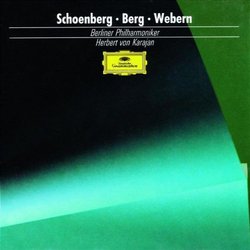 | Arnold Schoenberg, Herbert von Karajan, Berliner Philmarmoniker Second Viennese School (Berg, Webern, Schoenberg)/Karajan & Berlin Philharmonic Orchestra (3 CDs) Genre: Classical |
Larger Image |
CD DetailsSimilarly Requested CDs
|
CD ReviewsFrom American Record Guide Record Collector | Mons, Belgium | 07/28/2006 (5 out of 5 stars) "This Second Viennese set was something of a market risk even when DG released it on LP back in 1974. Rumor has it the company demurred, so Karajan waived his fee just to make the thing happen. (The only pity is that the Schoenberg Pieces, Op. 15 weren't included.) The box then went on to sell far beyond anyone's expectations.
Listen to Karajan's Verklarte Nacht, and you'll hear a sorcerer's long-line thinking and sense of preparation--or at least the thinking of someone who spent many a night in the opera pit, tending to drama and taking care that the climax in Act II did not pre-empt the Liebestod in Act III. This Schoenberg performance is nothing less than a miracle of conducting and orchestral culture--a sign of times gone by: a performance of manic, autocratic vision and ensemble that dares to step to the very edge of togetherness and then step a bit further. We, as hostages to our own infantile, cosmetic, MBA-driven times, will never hear the likes of it again. We don't deserve to. "How much you lack vision", the performance seems to say, "but then let me teach you. . ." Things are not always note-perfect: try the dotted inner-voice rhythms after the big unison passage in E flat minor (track 2, about 4 minutes in) for a taste of that. But what phrygian gates opened up when Karajan trusted his players like this, not getting in their way and guiding them with a beat that could knowingly cloud over at moments, that threatened to be too secure! Even in the cataclysmic march in Berg's Op. 6, the listener is never conscious of bar-lines or an interpretive ego digesting events for us. When I hear this conductor, I could write a novel. There's an embarrassment of riches in this box, but aside from the Verklarte Nacht I would point to Karajan's Pelleas und Melisande, Berg 3 Pieces, and Webern 6 Pieces as recorded performances that have never been matched. Abbado's recent Vienna discs of the Berg works (released by DG in Europe but not here) are more transparent and maybe more emotionally forthcoming. And Boulez's second reading of Op. 6 shouldn't be forgotten. But surely it's Karajan who stages the more cogent drama in Berg's Op. 6, willing the opening percussion crescendo into sound like some kind of nervous dream effortlessly, stealthily realized. Karajan makes Berg's scoring--the effort of a 29-year-old testing the orchestral waters in preparation for his first opera--sound like the touch of a master orchestrator. The "nonmetallic" hammer in III, a crib from Mahler's Sixth, sounds perfectly incisive--and a perfectly logical addition to the orchestra. I only wish Karajan's bassoons didn't sound like saxophones in their higher registers. Dohnanyi is less gimmicky and more easily recommendable in Webern, but Karajan gives us one of the very few records of the preferred 1928 streamlining of Webern's Op. 6, and here and elsewhere he is lusciously impressionist--a unique but perfectly reasonable approach to Webern. Karajan's Pelleas is peerless in its tonal luxuriance, unerring sense of pace, and fearless, perfectly-placed climaxes (how those whooping Berlin horns announce Schoenberg's shameless rip-off from Death and Transfiguration 3 minutes into track 6!). " |

